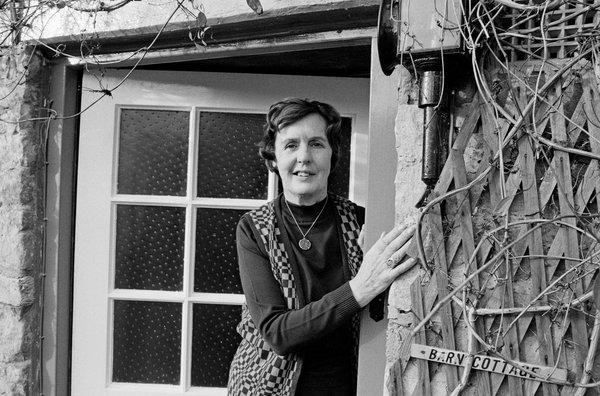
At Public Books, cultural anthropologist Richard Handler reviews Culture Writing: Literature and Anthropology in the Midcentury Atlantic World by Tim Watson. Watson’s book examines various cross-pollinations between the discipline of anthropology and literary authors such as Barbara Pym, Ursula Le Guin, Saul Bellow, Édouard Glissant, and Michel Leiris, some of whom wrote novels featuring anthropologists as main characters, and others who were themselves anthropologists who wrote literature. As Handler notes, Culture Writing provides refreshing insight into the unlikely intersections between literature and anthropology, even as it tells an oversimplified story of how these two disciplines developed. Here’s an excerpt:
The main characters of Culture Writing are literary authors who had close connections to anthropology, the fictional anthropologists those authors created, and anthropologists who wrote about their work in literary genres that were not professionally conventional for them at the time. Discussing fictional anthropologists created by novelists who knew a lot about anthropology—and relating those characters and the novels in which they appear to the state of professional anthropology of the time—is a genuinely creative critical move.
But this mixed cast of characters, who work well together in readings of individual texts, creates historiographical confusion, as Watson conflates academic disciplines (literary studies, anthropology) and literary genres (novels, memoirs, ethnographies). “Anthropology and literature have been engaged in a mutual dialogue for more than two hundred years,” he writes, referring to the “ethnographic” impulses of “the nineteenth-century novel.” Yet, anthropology as such did not exist 200 years ago, and historical connections between 19th-century writers who remain important to today’s literary scholars and anthropologists ought not to be confused with historical connections between two 20th-century disciplines: literary studies and anthropology.
Such distinctions matter because the “literary turn” of Anglo-American anthropology in the 1980s is central to the story Watson tells. That term refers to the brouhaha within anthropology caused by the 1986 publication of Writing Culture: The Poetics and Politics of Ethnography, edited by James Clifford and George Marcus. Always caught between humanistic and scientific, or interpretive and objectivist, orientations to research and writing, anthropologists were used to questioning the epistemological status of the knowledge they created. But at the end of the 20th century, anthropology became an object of study for intellectual historians and literary critics. While some of us anthropologists found discussions of “anthropology and literature” and “the history of anthropology” to be intellectually productive, others saw them as a distraction from the work at hand.
Image: British novelist Barbara Pym. Via NY Times.